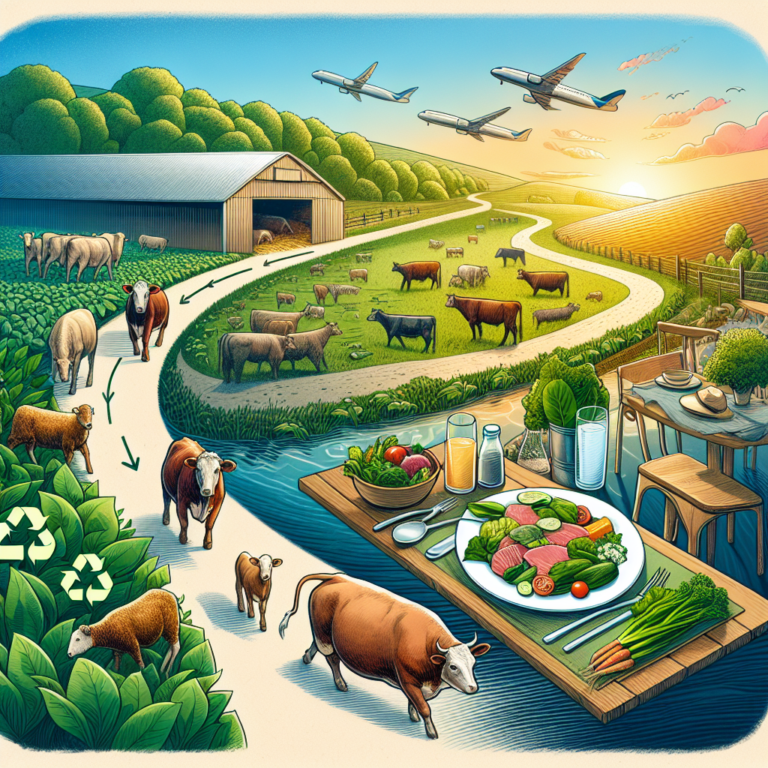Livestock breeding plays a crucial role in sustainable food production, ensuring that the meat and dairy products we consume are not only nutritious and safe, but also produced in an environmentally responsible manner. From farm to table, the process of raising livestock involves careful breeding practices that can have a significant impact on the sustainability of our food system.
One of the key benefits of livestock breeding is the ability to improve the genetic traits of animals, making them more efficient in converting feed into meat and milk. By selecting for traits such as growth rate, feed efficiency, and disease resistance, breeders can help animals reach their full potential in terms of productivity and health. This not only maximizes the yield of meat and dairy products, but also reduces the amount of resources needed to raise each animal.
In addition to improving animal performance, livestock breeding also plays a role in preserving genetic diversity within livestock populations. This diversity is essential for maintaining healthy and resilient herds, as it ensures that animals have the genetic variation needed to adapt to changing environmental conditions and resist diseases. By carefully selecting breeding animals from diverse genetic backgrounds, breeders help to safeguard the future of livestock production and ensure the long-term sustainability of our food supply.
Livestock breeding can also have a positive impact on the environment by reducing the carbon footprint of meat and dairy production. Through selective breeding, breeders can produce animals that are more efficient in converting feed into meat and milk, resulting in lower emissions of greenhouse gases per unit of output. Additionally, by selecting for traits that improve animal health and welfare, breeders can reduce the use of antibiotics and other chemicals in livestock production, further reducing the environmental impact of raising animals for food.
Overall, livestock breeding plays a critical role in sustainable food production, helping to ensure that the meat and dairy products we consume are produced in an environmentally responsible manner. By selecting breeding animals with desirable traits, breeders can improve animal performance, preserve genetic diversity, and reduce the environmental footprint of livestock production. From farm to table, the careful breeding of livestock is essential for the long-term sustainability of our food system.
